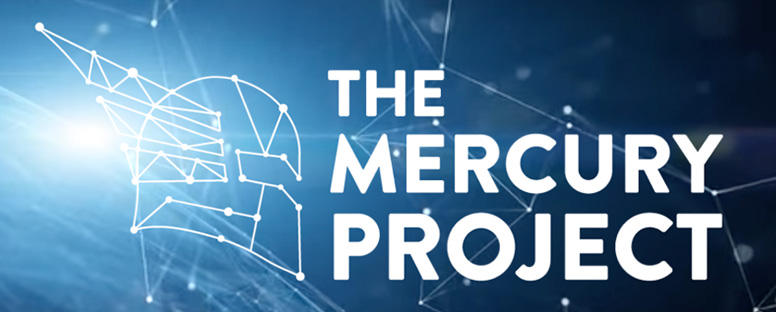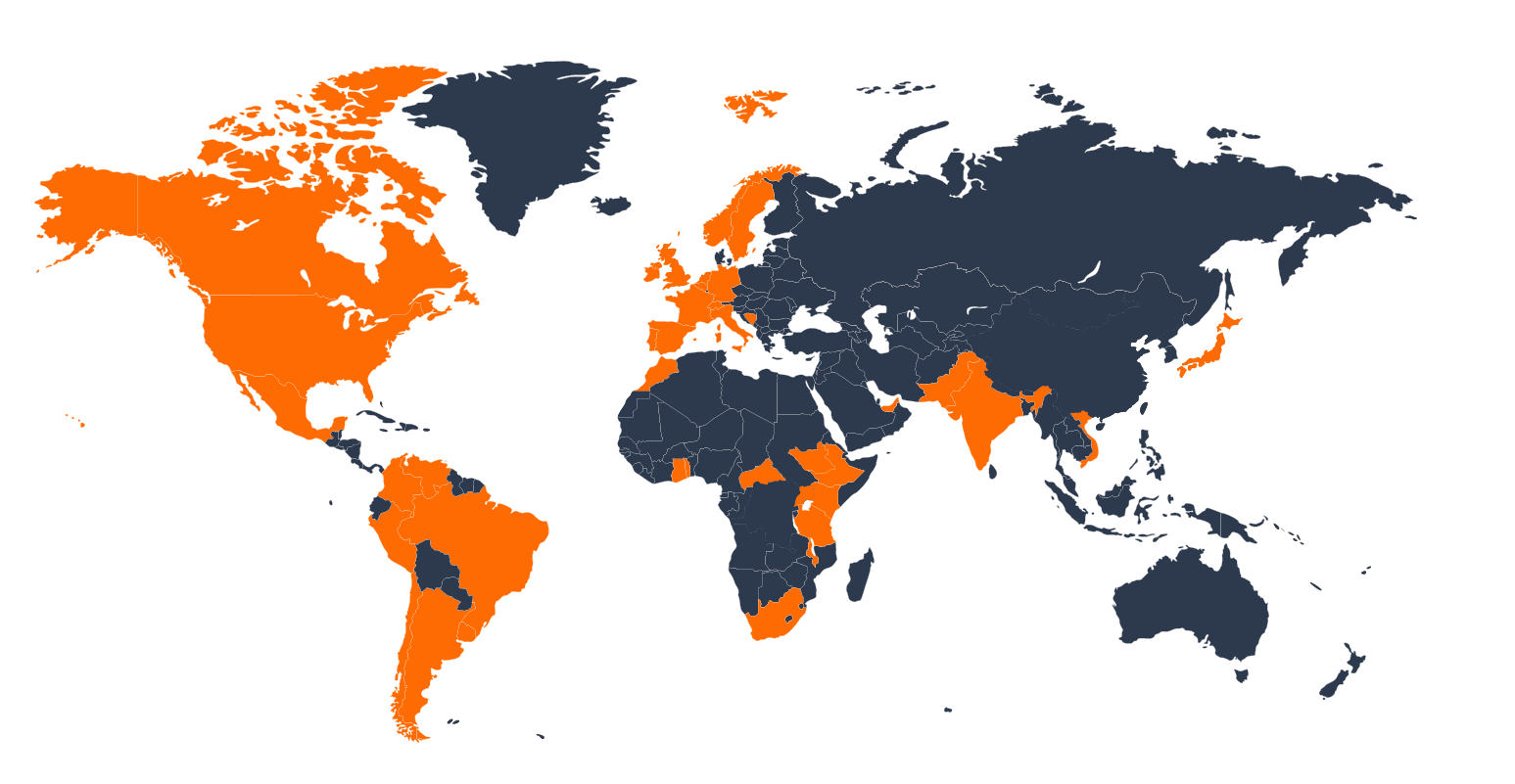
We address today’s most important questions in the fields of governance and politics.
Evidence in Governance and Politics (EGAP) is a global research, evaluation, and learning network that promotes rigorous knowledge accumulation, innovation, and evidence-based policy in various governance and accountability domains.
Latest news and resources

EGAP 30: Zurich, December 2025

EGAP 29 in Review: Medellín, June 2025

Policy Brief: How Politicians’ Claims of “Fake News” Undermine Political Accountability

Mercury Project: Health Ambassadors in sub-Saharan Africa

Policy Brief: How Citizens’ Nationalist Sentiments Shape Responses to Foreign Climate Criticism

For More EGAP News and Resources, Click Here
Improving the quality of empirical research in the social sciences,
since 2009.

308
EGAP Members43
Member Countries
288
Global South Workshop Participants
30
Metaketa Projects
EGAP’s work is centered around governance innovations:
EGAP’s researcher and institutional members have expertise on topics of governance, politics, and institutions around the world, and their work is categorized across four main governance and accountability domains: Institutions & Governance, Mitigation of Societal Conflict, Poverty & Inequality, and Elections, Representation, & Participation. Building on the framework established by these four domains, EGAP established a set of priority themes that categorize our current work.

Crime Reduction & Police Accountability
Promoting citizen security and reducing crime while curbing abuses of power by state-backed law enforcement agents and the criminal justice system in countries around the world.

Climate Change Governance
Policy responses to climate change and addressing inequalities across people and communities who bear the brunt of its negative impacts

Displacement, Migration, & Integration
Safety and well-being of individuals displaced by violence, disasters, or other hardships, or who are moving for economic opportunities

Democracy, Conflict, & Polarization
Challenge of polarization across partisan or identity-based lines, including both increased affective polarization and polarization in perceptions on core issues like the economy, public safety, inequality, and climate change
Our approach to research
EGAP members conduct research designed to assess the causal impact of governance innovations. Researchers use a variety of methods including randomized controlled trials (RCTs) and natural experiments to justify causal claims. Many members complement these research designs with qualitative, descriptive, and other observational methods.
EGAP advances evidence-based policymaking.
EGAP’s cross-disciplinary network of researchers and practitioners are improving empirical research by: